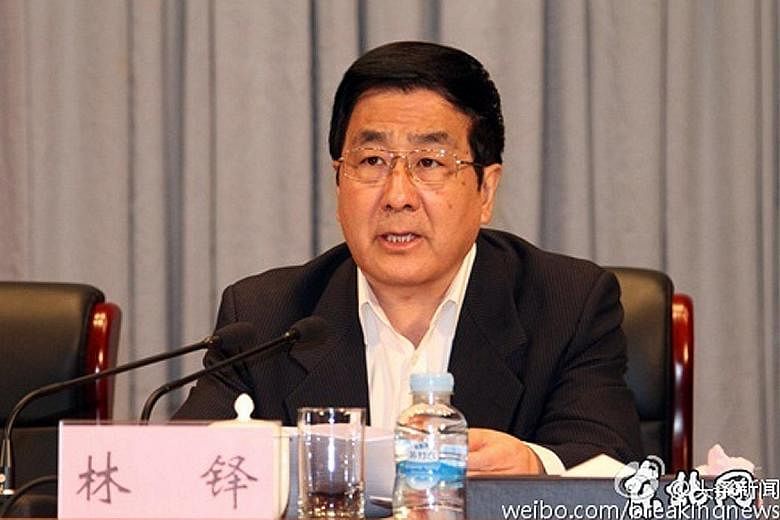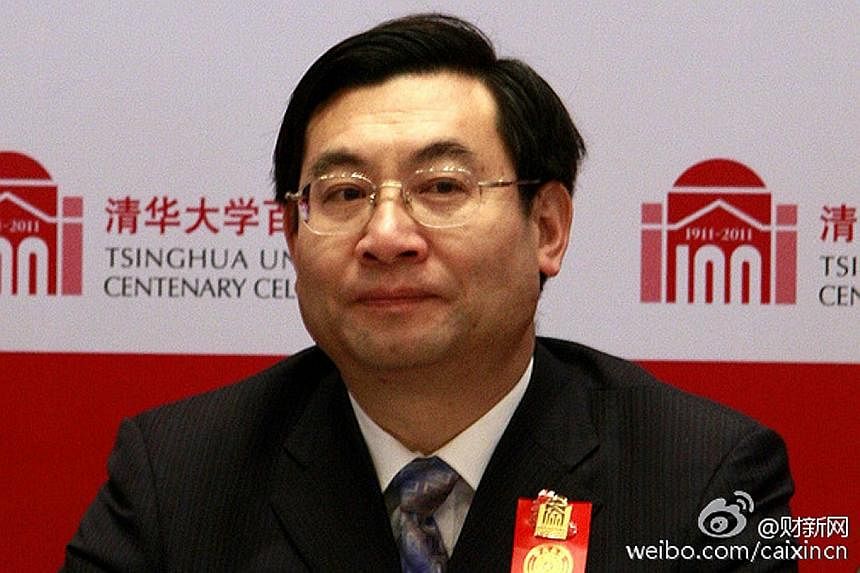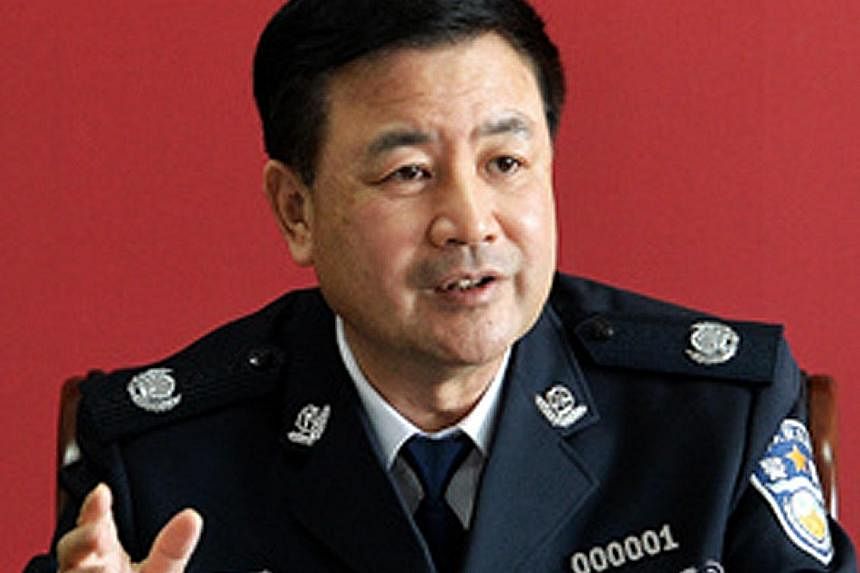HONG KONG • Three Communist Party cadres with links to the Chinese top leadership have been promoted, in a move seen as a prelude to next year's 19th party congress.
One of them once served under President Xi Jinping when the latter was in the coastal Fujian province, while the other two are proteges of Mr Xi's trusted aides.
The personnel changes offer China watchers some hints as to what to expect during next year's 19th Party Congress.
The closely watched event will decide the new line-up for the all-powerful Communist Party's Politburo Standing Committee (PSC).
Apart from Mr Xi and Premier Li Keqiang, the other five PSC members are expected to retire at the Congress.
South China Morning Post quoted Shanghai University of Political Science and Law Associate Professor Chen Daoyin as saying that the recent new appointees all stand a good chance of being promoted further during the party congress.
"The year before Mr Xi's second term (as party general secretary) starts is crucial for cadres' appointments and could be seen as a prelude for next year's reshuffle," Prof Chen said.
"The appointments would look too rushed if they were made next year," he added.
Two of the three appointees, Mr Lin Duo and Mr Hu Heping, are named provincial governors, while the third is appointed deputy public security minister.
Mr Lin, considered a protege of the party's anti-corruption chief, Mr Wang Qishan, was appointed governor of Gansu province in April. Mr Wang is widely seen as Mr Xi's most trusted lieutenant.
The appointment of Mr Lin, 60, was not expected as he has neither worked in the western province nor was he a provincial governor in other places.
South China Morning Post reported that Mr Lin was Mr Wang's subordinate during the latter's four-year stint as Beijing mayor.
They worked together again when Mr Lin oversaw the provincial anti-corruption body of Liaoning province in 2014.
At that time, Mr Wang was already two years into his new post as the head of the Central Commission for Discipline Inspection, the party's top anti-corruption body.
Another appointment which South China Morning Post highlighted over the weekend was Mr Hu Heping.
Mr Hu, 54, was promoted in April as governor of Mr Xi's home province of Shaanxi, reported Xinhua news agency. It is his third new position in 2½ years.
The appointment makes Mr Hu the country's second youngest provincial governor after 49-year-old Heilongjiang governor Lu Hao.
Mr Hu, who entered politics only 1½ years ago, is a member of what The Diplomat website once described as the Tsinghua clique in Chinese politics.
He is a protege of Fujian native Chen Xi, who is now the first ranking deputy director of the Communist Party's powerful organisation department. The department oversees cadres' appointments at vice-ministerial level and above.
Mr Chen Xi, according to Chinese media reports, was President Xi's roommate for 3½ years at the Tsinghua University.
The third appointment was the promotion earlier this month of Beijing police chief Wang Xiaohong to China's deputy public security minister.
Mr Wang, 57, was Mr Xi's former subordinate during the President's entire stint in Fujian province. Mr Xi first arrived in Fujian in 1985 as deputy mayor of Xiamen city and then rose through the ranks to become a provincial leader.
The Ministry of Public Security, which was once under now disgraced security tsar Zhou Yongkang, has seen major personnel movements since Mr Xi came to power. Four of the seven deputy ministers have been appointed since 2012, reported the South China Morning Post.
"The Ministry of Public Security is responsible for political safety and its absolute loyalty must be guaranteed," said Mr Chen Daoyin.



